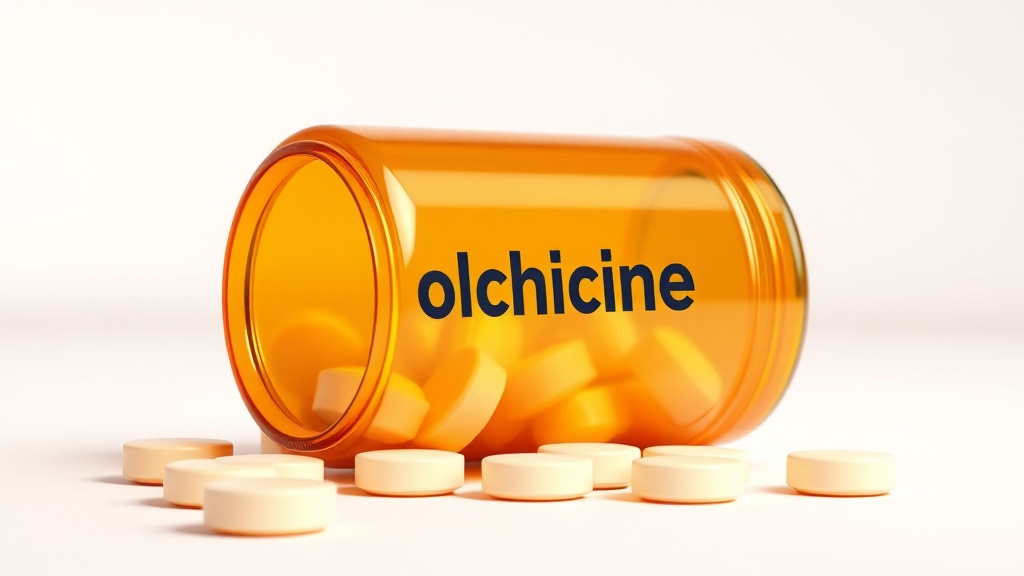Home / Health / Gout Drug Hailed as Potential Lifesaver for Heart Patients
Gout Drug Hailed as Potential Lifesaver for Heart Patients
13 Nov
Summary
- Colchicine, a gout drug, found to reduce heart attack and stroke risk
- Study involved over 10,000 patients with history of cardiovascular problems
- Gout and heart disease often occur together, suggesting potential treatment

Promising new research suggests a cheap gout drug may provide a lifeline for thousands of heart patients. According to the study conducted by German and Swiss scientists, the drug colchicine significantly reduced the risk of heart attacks and strokes in over 10,000 patients with a history of cardiovascular problems.
Gout, a form of arthritis, is heavily linked to heart disease - a major cause of heart attacks. The study bolsters evidence connecting the two conditions and offers a potential way to treat both with the same medication. Colchicine, already the first-line treatment for gout on the NHS, works by targeting and inhibiting a chemical that causes inflammation.
While further research is needed, the researchers noted that colchicine is inexpensive, widely available, and has a well-established safety profile. They believe a case can be made for utilizing this repurposed drug to prevent heart attacks and strokes, which could make a real difference for patients living with ongoing cardiovascular risk.




